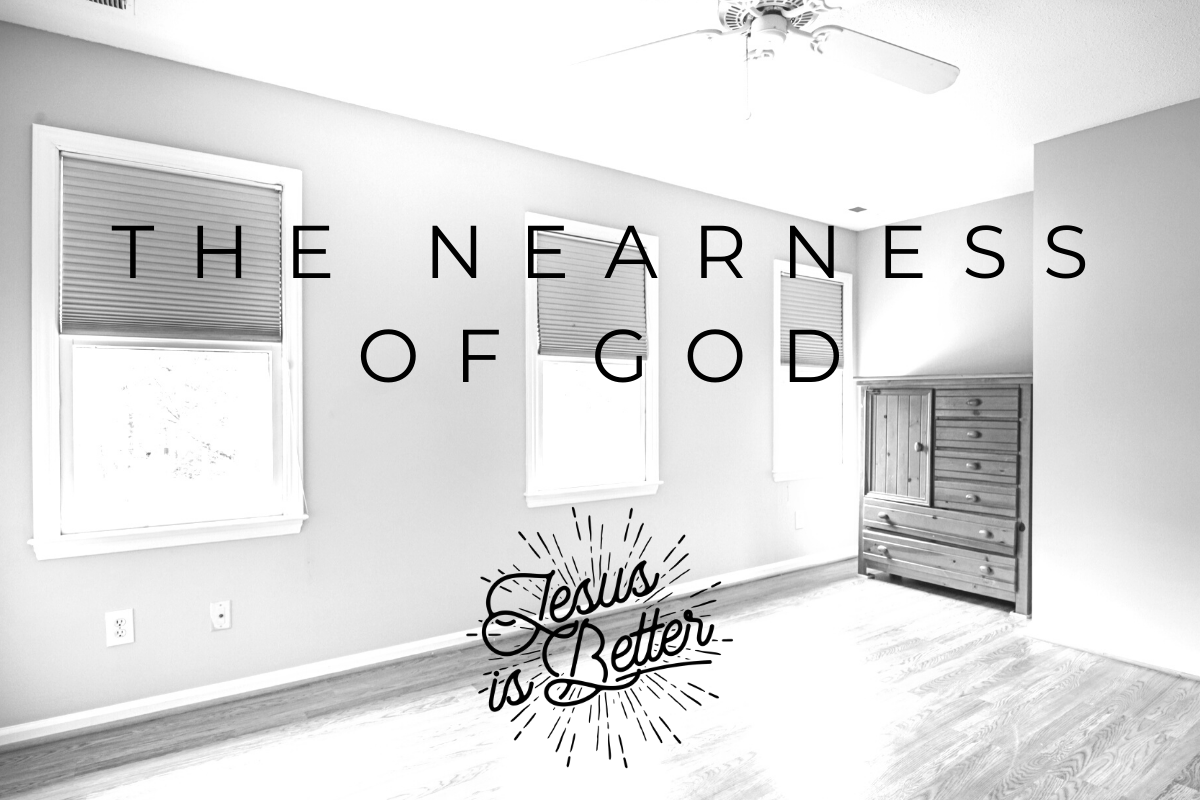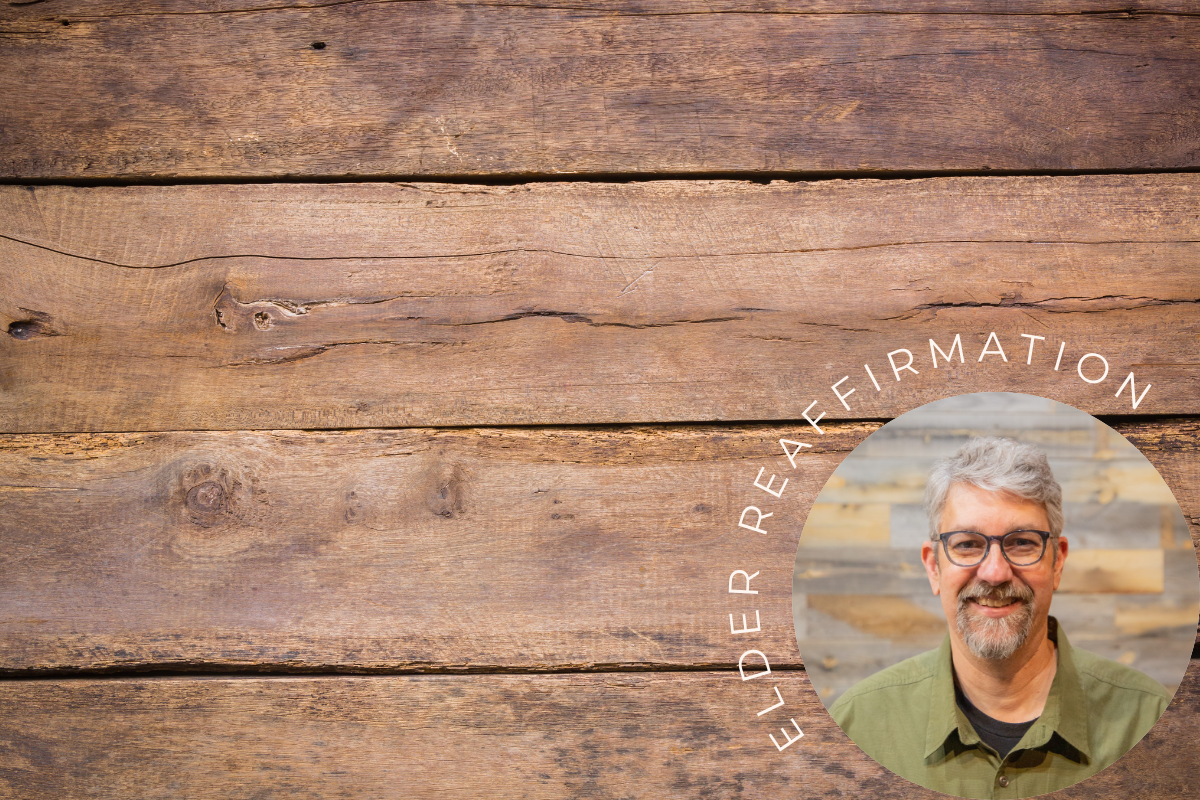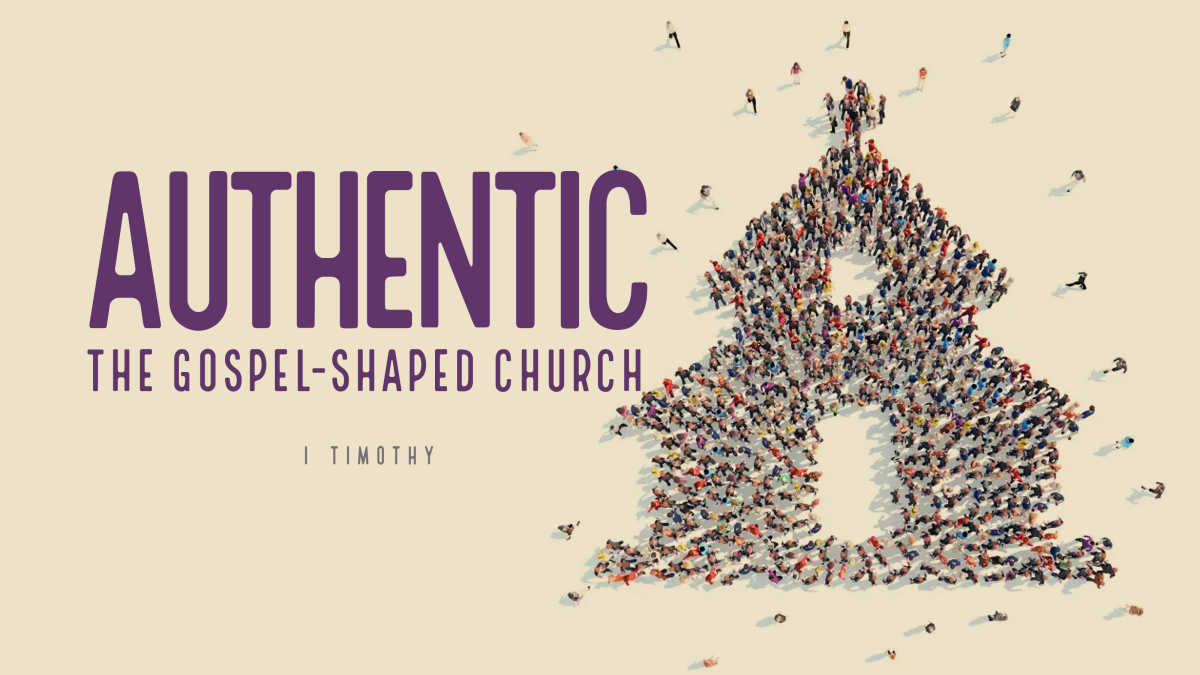In this article, a staff member talks about their experience with discovering the nearness of God through Psalm 139.
The Nearness of God
Sitting alone at my home, I was struck with the thought that no one in the world’s first priority was my well-being. Yes, it would concern people if I wasn’t doing well. Yes, they want the best for me. Yes, they love me. But ultimately, no one is as wholly invested in my good, nor are they as responsible for it, as I am. Crisis had shown me how much people do care, and that was beautiful, but it had also shown me how finite they are, how limited their resources are, and how they always have to return to other responsibilities.
Truth be told, these thoughts sometimes paralyzed me. I would feel incapable of doing anything because the weight of being alone seemed to weigh so heavily. Being with friends didn’t always fix it, as bitterness would often fight for my allegiance, telling me that I deserved more.
I didn’t know why this aloneness kept cutting so deeply until a Psalm began to put balm on the wound.
Self
I had tried very hard to solve my “problem” of feeling far from people. I continued to spend time with those I loved in hopes that I would feel their care again. I also tried to spend time by myself, which I pretty much hated. However, the problem of figuring out my self is one that, it turns out, was not mine to solve. Psalm 139 says of the understanding of our self, “Such knowledge is too wonderful for me; it is high; I cannot attain it.”
We begin, then, by acknowledging that it is not just our friends and family who do not understand us. It is also our selves. I am in the dark about my self just like those who care about me are. This was liberating after months of not understanding what to do to feel better and less alone. We try things all of the time that don’t help us. Just ask the television, or the new clothes, or the coffee. So, when we sit with a friend graciously giving of themselves for our self, we understand that they will not completely understand and that even we will not completely understand. There is only one who understands.
“O LORD, you have searched me and known me!” the Psalmist declares. The knowledge that is too high for us is the knowledge that God has about us. In the face of a culture that believes finding ourselves is the answer, we have but one thing to answer back: we cannot find ourselves. That knowledge is hidden in God, and he can be trusted with it.
Responsibility
When we wrongly place the burden of our self on ourselves, responsibility becomes oppressive. We recognize that others cannot take care of us, and the burden of our choices feels incredibly heavy. For parents, the burden becomes even more difficult to bear. While you still feel that no one knows you well enough to direct your path, you have to direct the paths of other, tinier feet.
There is someone, though, who is willing to take on this back-breaking responsibility for us. “You search out my path and my lying down and are acquainted with all my ways,” says verse 3 of Psalm 139. God has gone ahead of us, placed the markers, scared off the bears, set out the snacks, made our tents ready, and ensured that we would remain safe.
Not only has he prepared the way, but he is also “acquainted with all my ways.” The scariest part of walking forward is thinking we’ve missed something behind us—that we chose the wrong fork. But our God knows our brains so well and is so acquainted with our thought patterns that we will never choose a fork he hasn’t already put the provisions on. He won’t let us leave behind the path marker we were supposed to see.
Depravity
On long journeys with our selves, we are very likely to see dangers. When we believe ourselves to be alone on the long journey, these terrors of the road can stop us from wanting to take one step forward. These dangers are the moments in which our brains shock us with their weakness or depravity, or when the weakness or depravity of others assaults us. Perhaps it is when an unbelievably dark thought pops into your mind. Perhaps it is when you realize that you are “one of the ones” who suffers from crippling depression, or clinical anxiety, or who ruins relationships with friends and family because of paranoia or jealousy or selfishness. Perhaps it is when another person sabotages your journey.
Verses 7-12 of Psalm 139 speak light into this darkness. “Where shall I go from your Spirit? Or where shall I flee from your presence? If I ascend to heaven, you are there! If I make my bed in Sheol, you are there!” it begins. We cannot escape God, no matter where sin or brokenness drives us. “If I say, ‘Surely the darkness shall cover me, and the light about me be night,’ even the darkness is not dark to you; the night is bright as the day, for darkness is as light to you.” In other words, in each moment that we let our selves down or another does the same to us, God is near. He sees clearly, and because it is light to him, he will take our hand and lead us on the path he already had searched out.
No matter the other negative consequences of weaknesses and sin, the consequence will never be losing him. He is near to us in moments during which it feels that no one could understand the depth of our pain and in moments in which we let ourselves down more than we ever thought we could.
Back to the Beginning
Sitting alone at home, I remember that there is one who takes my well-being much more seriously than I do. He is more wholly invested in my good and more faithful to work for it than I will ever be. He cares infinitely, and he is infinitely able to carry out his care. His resources are endless, and he never has to turn away from me to attend to other responsibilities, for his power and reach are endless.
These thoughts give me the strength to stand up and carry out what I know I am called to do that day. I feel capable of working, or resting, or being a friend, because the weight of caring for myself has been taken off of me. Being with friends is a joy, because I have one friend who promises and delivers everything I need, and we get to talk about him and seek him together with unrealistic expectations off of our shoulders and met in Christ.
Aloneness still can ache, but the in the nearness of God there is always an answer. His nearness takes the despair out of loneliness, because despair is only possible when there is nowhere to turn. And in Christ, there is always somewhere to turn: to his Words, to his person, to his perfect friendship, and to the truth of Psalm 139.
Gracie Turner





